Saul Alinsky is the Father of Modern Community Organizing
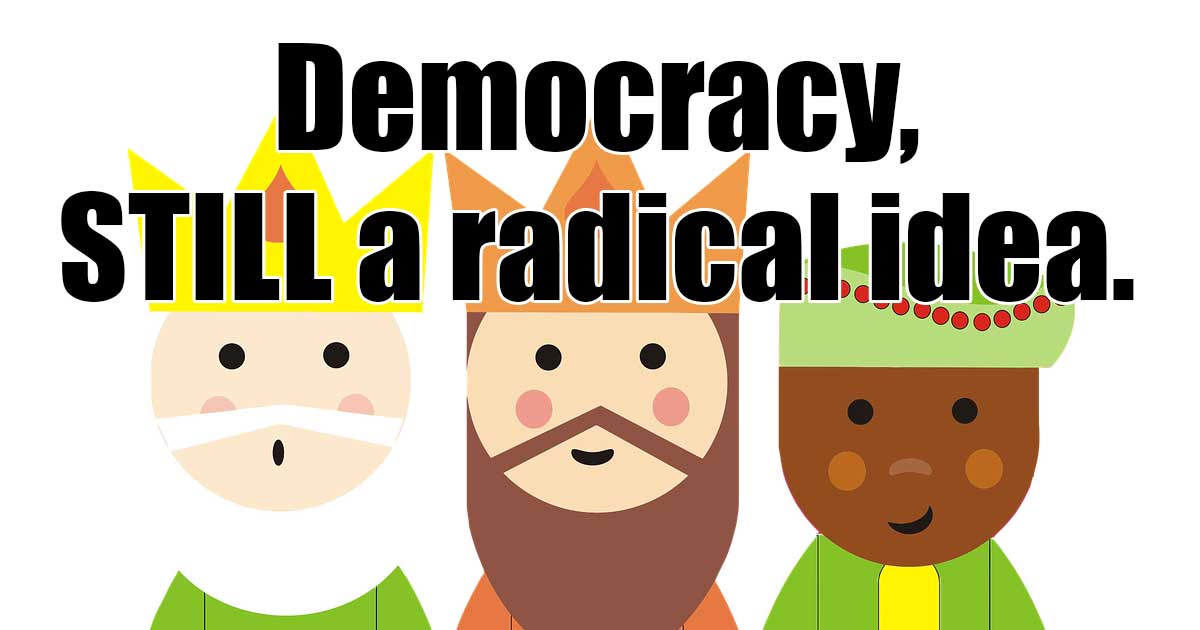
Saul Alinsky, the American community organizer and author of Rules for Radicals, can be considered the father of modern community organizing.
Economics is the social science that studies the production, distribution, trade, and consumption of goods and services. Economics uses a mix of psychology, mathematics, experiment, and analysis to predict and understand economies.

Saul Alinsky, the American community organizer and author of Rules for Radicals, can be considered the father of modern community organizing.
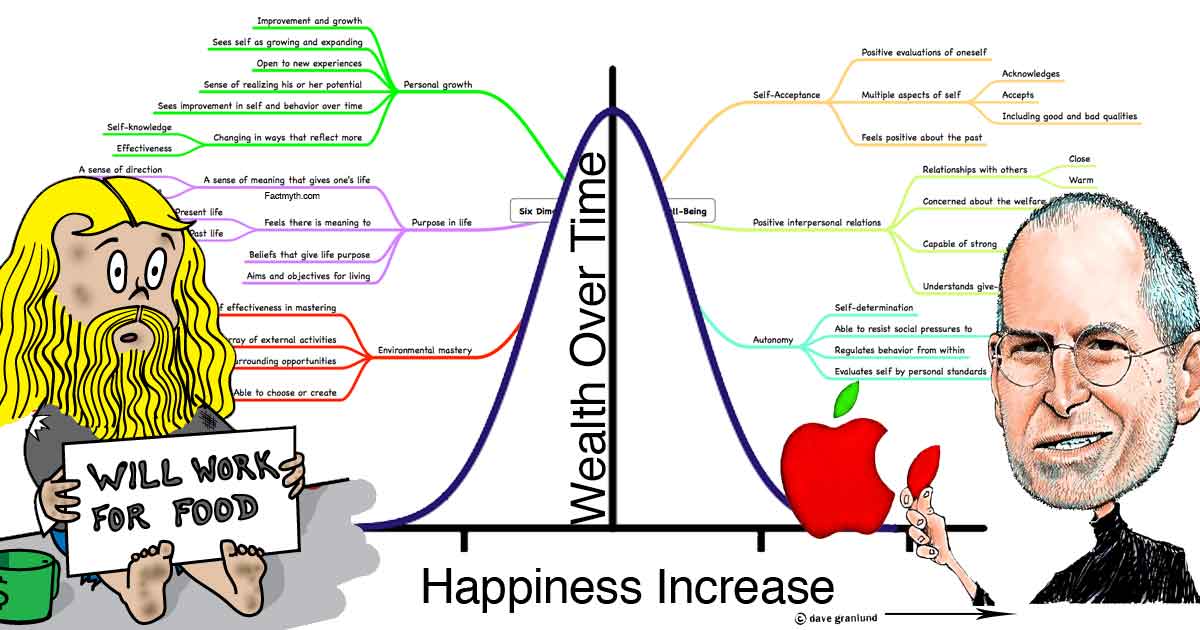
We explain two types of special interests: cronyism (politicians working with corporate interests) and monopolies / oligopolies (the consolidating of corporate power in a given industry to one or few entities).
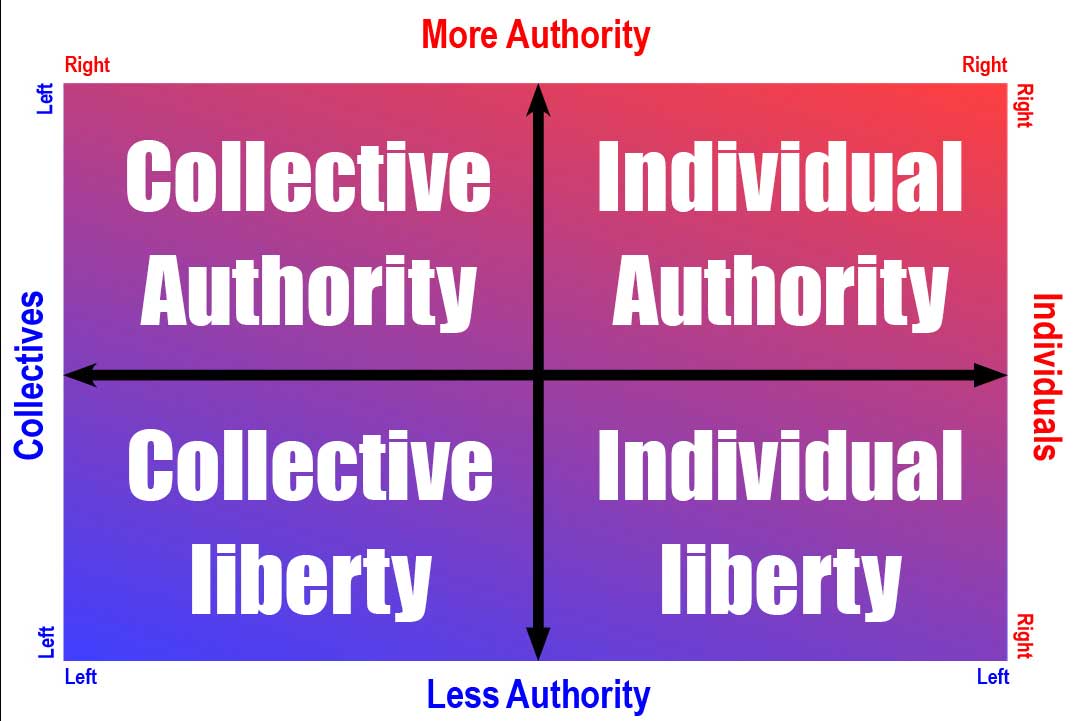
Collectivism describes ideology (political or otherwise) that favors the collective, like-wise Individualism describes ideology that favors the individual.
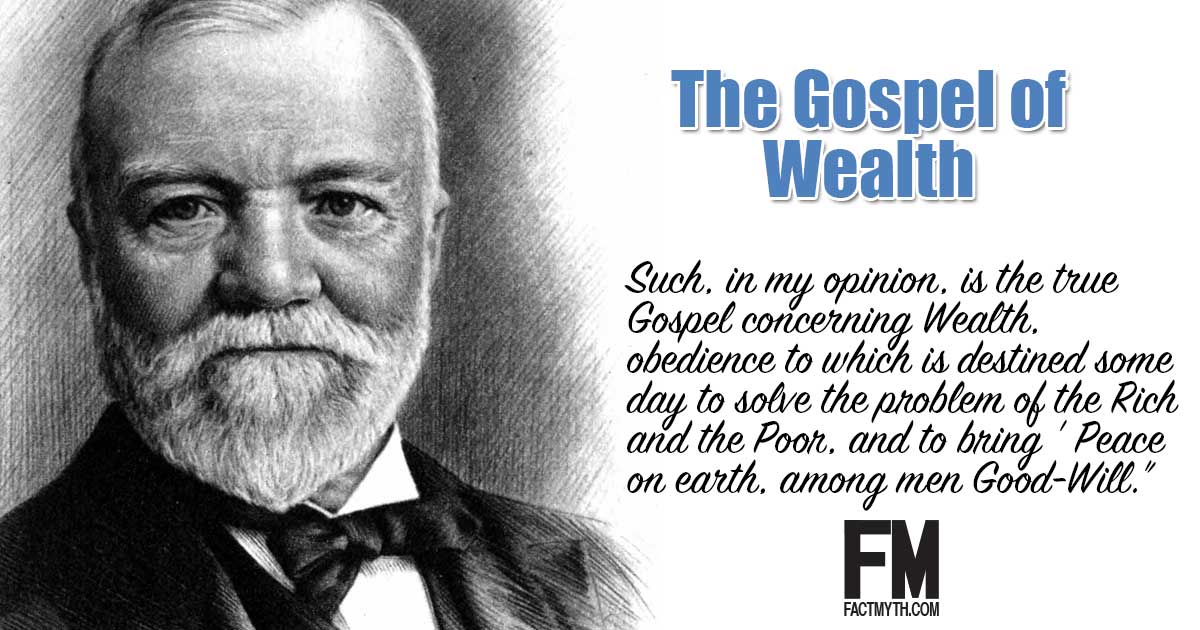
Andrew Carnegie, John D. Rockefeller, and other Barons of Industry freely gave away most of their fortunes to charitable and philanthropic causes.
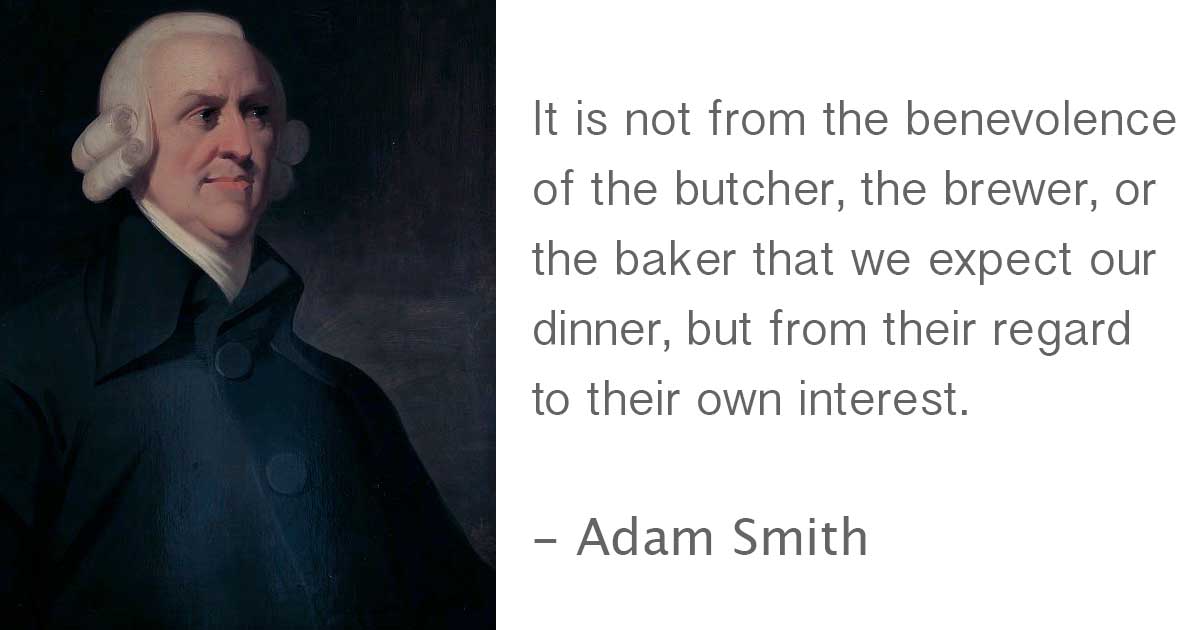
We explain Adam Smith as a Moral Philosopher, and explore how his Theory of Moral Sentiments connects to his economic theory from The Wealth of Nations.

We explain populism, globalization, nativism, nationalism, neoliberalism, modernization, and other terms important for understanding modern world politics.
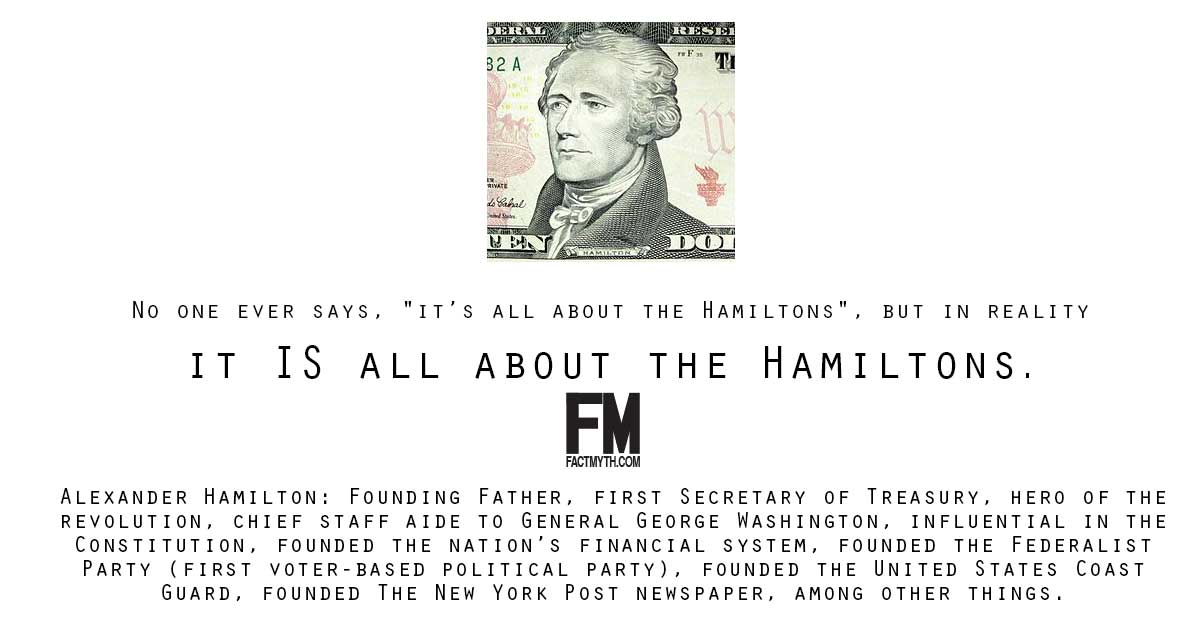
Alexander Hamilton founded the Federalist Party, the world’s first voter-based political party, which helped shape America’s economic policy and power structure.
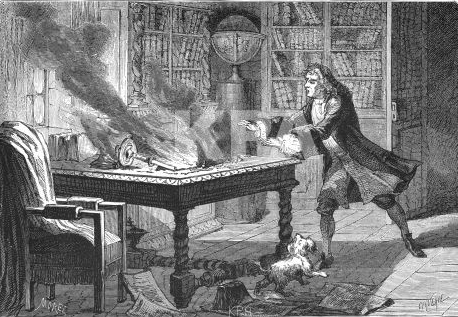
Isaac Newton produced many well-known works in math, astronomy, and physics, but he produced about as many unpublished works which dealt with theology, alchemy, and the occult.
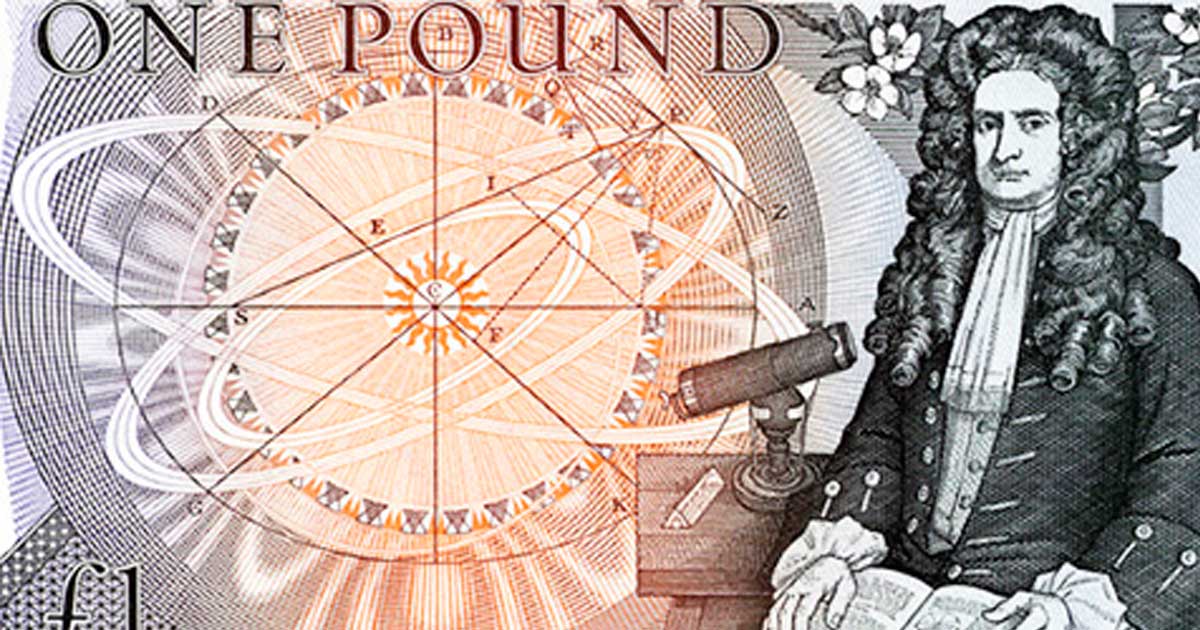
Sir Isaac Newton is best known for his laws of motion and gravity, but he was also an economist of sorts serving as Britain’s Warden/Master of the Mint (from 1696 until his death in 1727).
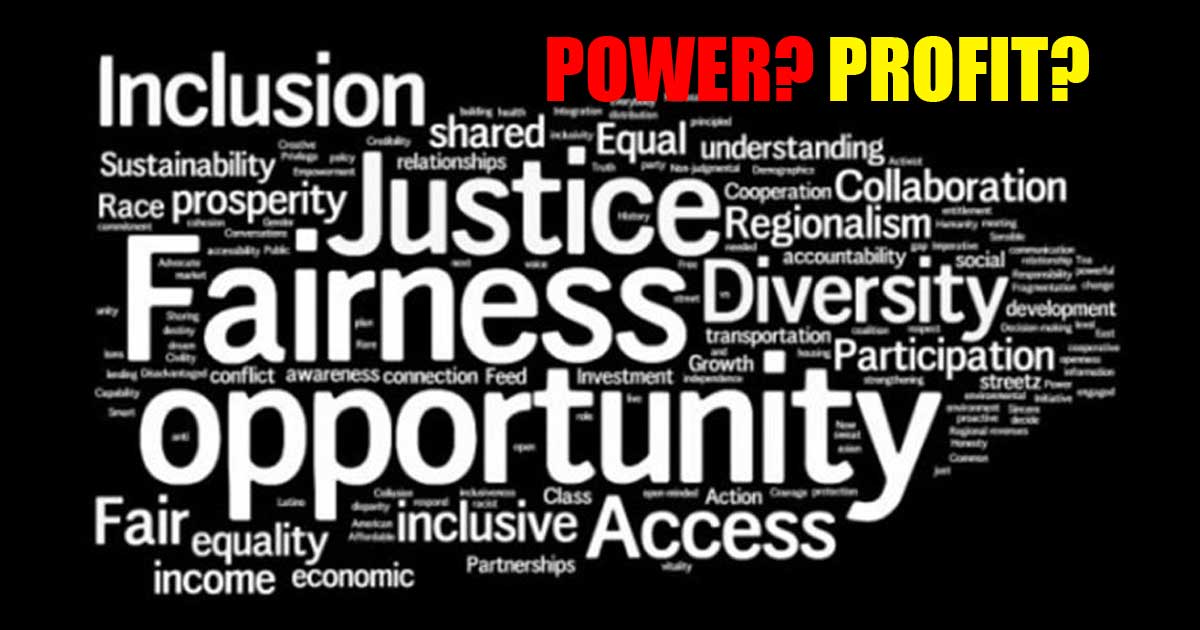
The Constitution protects our Liberty, but the law has placed limits on this. Those limits are sometimes enforced with large legal fees. To what effect this promotes social justice, and to what effect this harms social justice by creating opposition is debated.